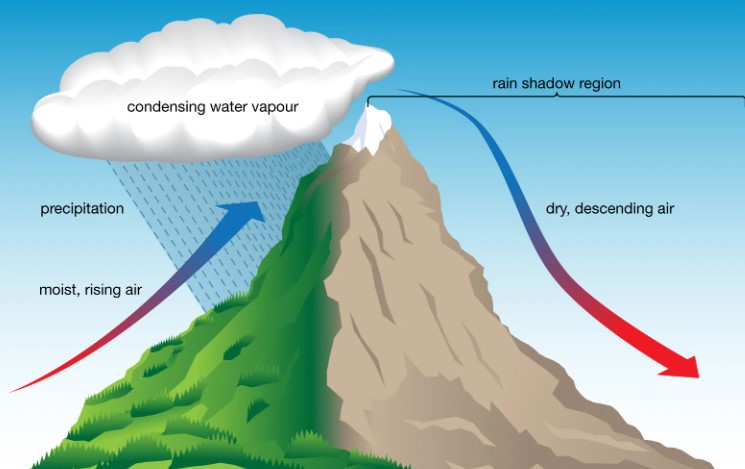Sustainability
Ecosystem Management entails managing in such a way as to ensure that opportunities and resources for future generations are not diminished. Sustainability should not be evaluated based on the delivery of specific goods and services, but rather on the maintenance of the ecosystem structures and processes necessary to provide those goods and services.
Goals
Ecosystem Management requires clearly defined goals. These goals should not focus exclusively on individual commodities (e.g., board feet of timber, catch of fish, visitor days). They should be explicit in terms of desired future trajectories or behaviors for components and processes necessary for sustainability.
Sound ecological Models and Understanding
Ecosystem management is founded on sound ecological principles, emphasizing the role of ecosystem structures and processes. It must be based on the best science and models currently available.
Complexity and Connectedness
Ecosystem recognizes that ecological connectedness processes are connectedness complex and interwoven and that this complexity may confer particular properties (e.g., stability, resistance, resilience) to the ecosystem.
Recognition of dynamics of Ecosystems
Ecosystem recognizes that environmental change and biological evolution is inherent properties ecosystems of ecosystems and that attempts to maintain particular “states,” rather than ecological capacities, are futile over the long term in a changing environment.
Context and Scale
Ecosystem acknowledges that ecosystem processes operate over a wide range of spatial and temporal scales and that their behavior (including their response to human perturbations) at a given location is strongly influenced by the surrounding landscape or system and by the legacy of past events.
Humans as Ecosystem Components
Ecosystem management acknowledges that humans are components of ecosystems, as well as the source of most significant challenges to sustainability. Humans who are a part of ecosystems will, of necessity, define the future of those ecosystems. Thus, ecosystem management applied alone, without consideration of social and economic systems (and their sustainability), is insufficient to ensure resource sustainability.
Adaptability and Accountability
Ecosystem management recognizes that current models’ and paradigms of ecosystem structure and function are provisional and subject to change. Acknowledging limits to scientific understanding and adapting to new information as it becomes available are central to successful ecosystem management.
Read More – 8 Most Fascinating Blue Holes in the World







